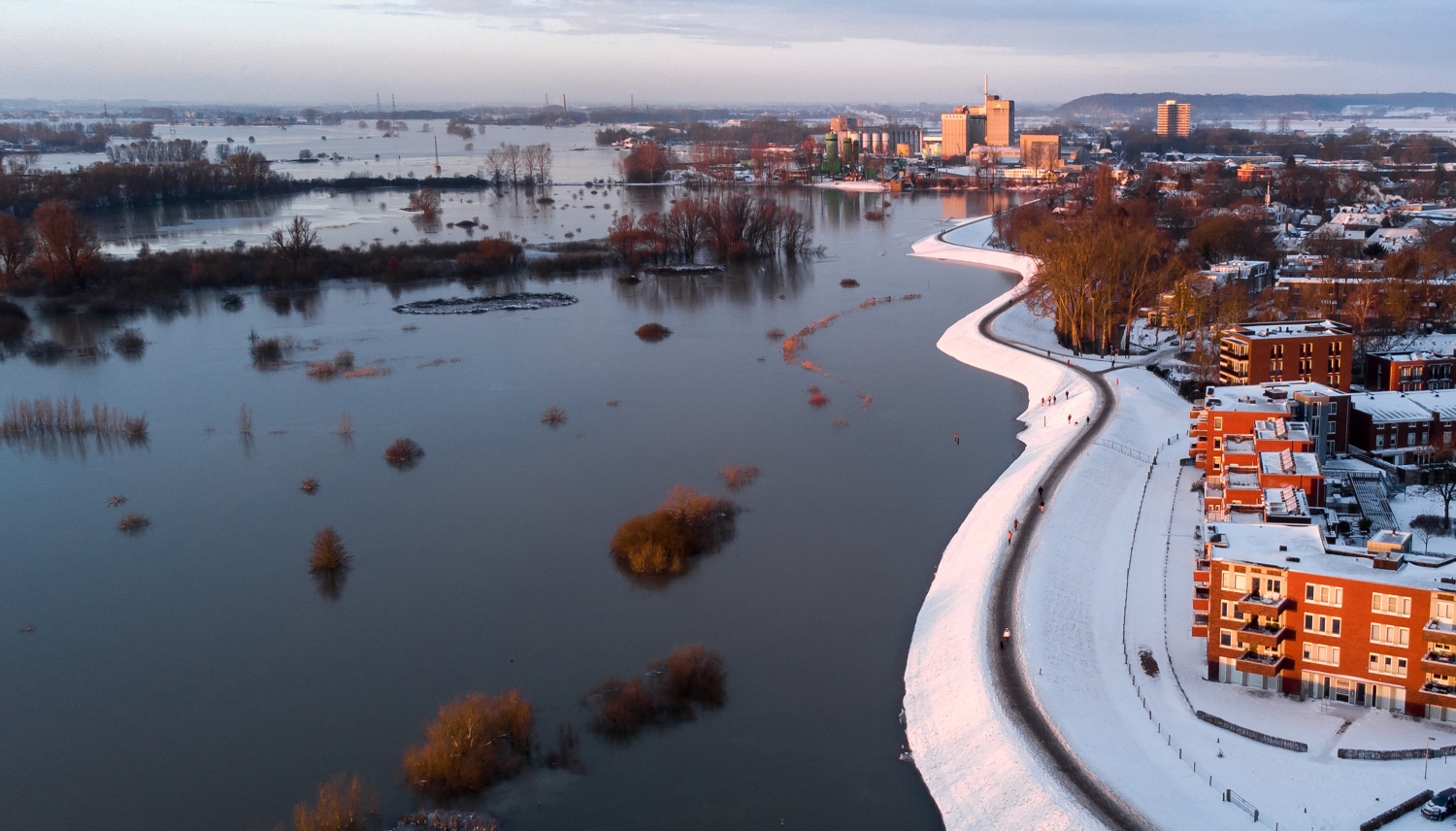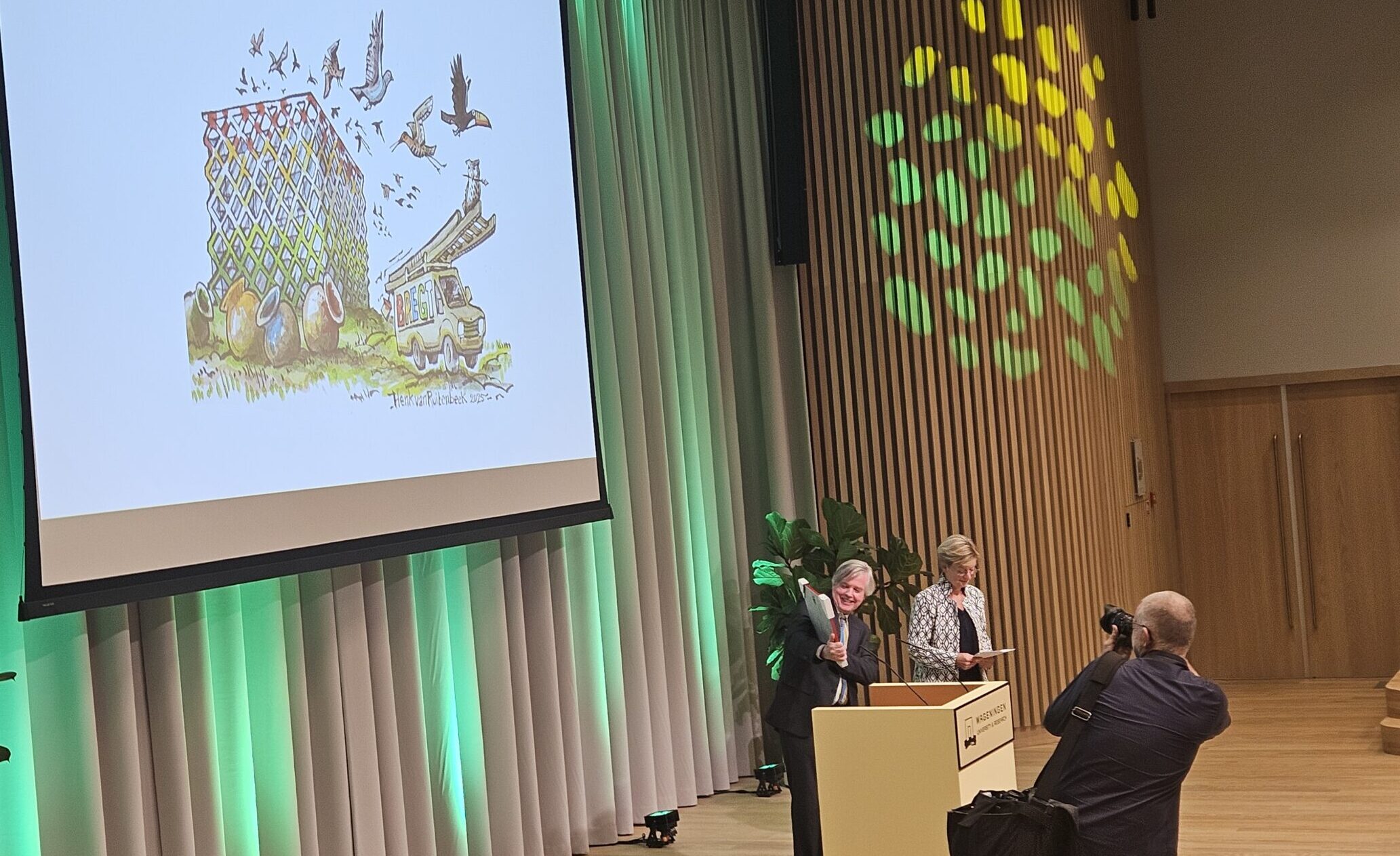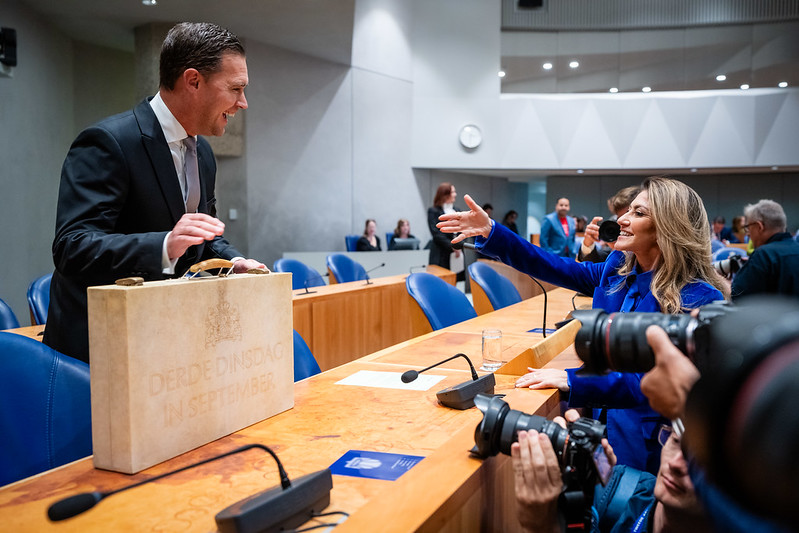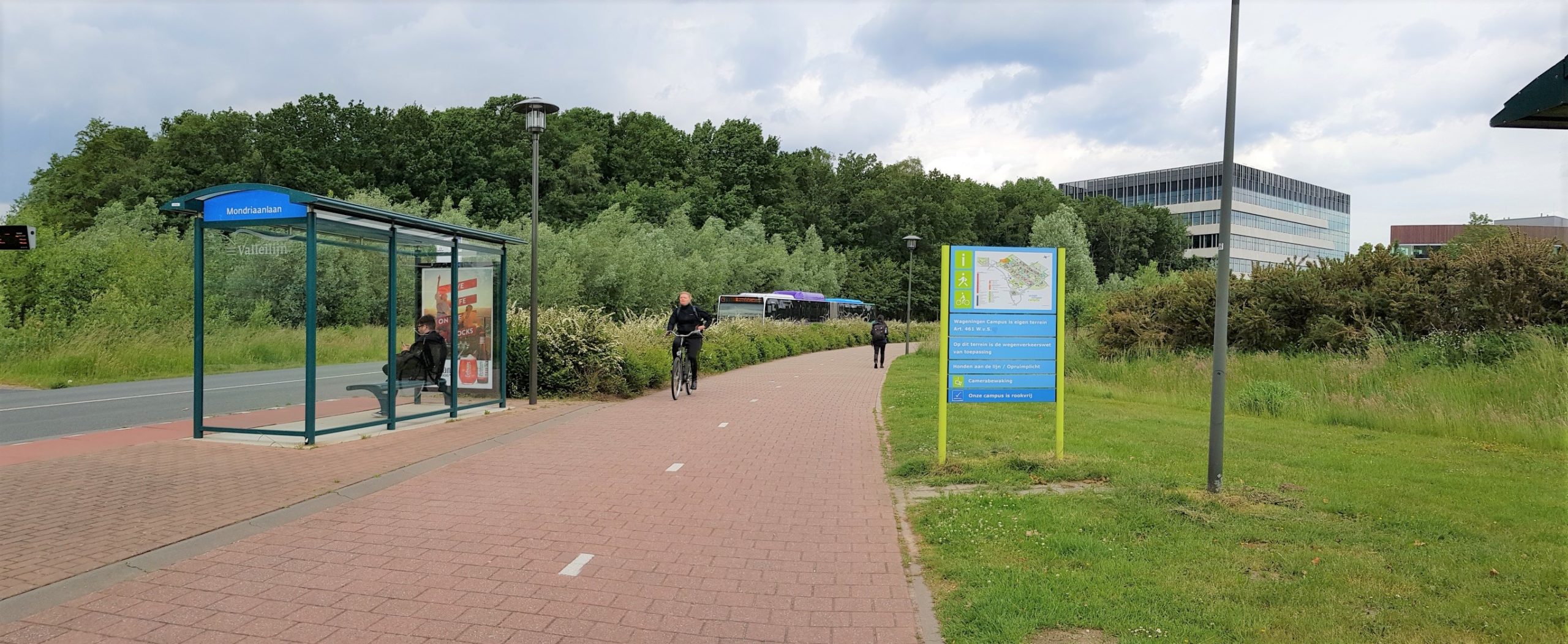The newly released IPCC report once again underscores the urgency of climate action, but the tone has changed. ‘The window of opportunity to act is closing.’ The focus is on climate adaptation: learning to live with the effects of climate change. In some cases, the point of no return has passed, says Robbert Biesbroek (Public Administration and Policy), who co-authored the report.
According to Robbert Biesbroek, the latest IPCC report shows that taking action is becoming increasingly urgent. ‘The window of opportunity is closing. This calls for a focus on mitigation – combating climate change.’
Adaptation
Simultaneously, adaptation is increasingly needed. ‘The less we mitigate, the more we are forced to adapt.’ We will have to adjust to the effects of climate change, such as flooding and extended periods of drought. ‘But,’ says Biesbroek, ‘the options for adaptation are limited, so mitigation is needed.’
The time squeeze lies not just in designing the plans but also in the implementation thereof. Biesbroek: ‘Implementing measures takes time. Constructing a new system of dykes, planting a mangrove forest to protect the coast, breeding drought-resistant crops. We must accelerate measures as implementing them takes several years.’
Irreversible
How much time remains? Biesbroek declines to state a number but cites the risks listed in the report. ‘Some ecosystems are already at their natural limit. Warm-water coral reefs, low-lying coastal regions and islands, the sea-ice ecosystems in the Arctic and ecosystems in southern Europe. These ecosystems are on the brink of their pivotal point.’
Even a temporary overshoot of the 1.5-degree temperature increase has severe and possibly irreversible effects. ‘If the temperatures have increased to a level that kills ecosystems or renders species extinct, a return to a temperature increase of fewer than 1.5 degrees will still leave the ecosystems irreversibly damaged or even non-existent.’
Wrong choice
An earnest message, but Biesbroek is not despondent. ‘The report provides an overview of the literature, and its tone reflects that. That does not mean all hope is gone. We see positive developments where measures are effective.’ Still, this requires the correct measures to be taken. The report warns about increasing maladaptation – adverse adaptations.
Focusing only on fortifying dykes is risky. Should the dyke fail to hold, the damage would be enormous
Countries choose quick fixes that increase long-term risks. The Netherlands focuses on lowering the risk of flooding. Biesbroek: ‘Focusing only on fortifying dykes is risky. Should the dyke fail to hold, the damage would be enormous. It would be better to opt for a long-term plan with a diverse range of measures. Thus, you create a larger safety net.’
Pandemic as an opportunity
The transition must take place mainly in urban areas, Biesbroek states. ‘Particularly when we consider the climate impact on humans.’ The greater part of the world population lives in urban areas, where we will feel the most significant impact of climate change: heat, flooding and inequality.
According to Biesbroek, the recovery from the Covid pandemic offers us an opportunity to transition towards a climate-robust city. But it is too early to say whether governments seize this opportunity. ‘The recovery plans, especially those backed by the European Union, offer many opportunities. But much depends on the perseverance of the governments, from earmarking funds to taking concrete action. The time for waiting is definitely over.’

 9 February 2021, flood near Wageningen. Photo dronewageningen
9 February 2021, flood near Wageningen. Photo dronewageningen 

